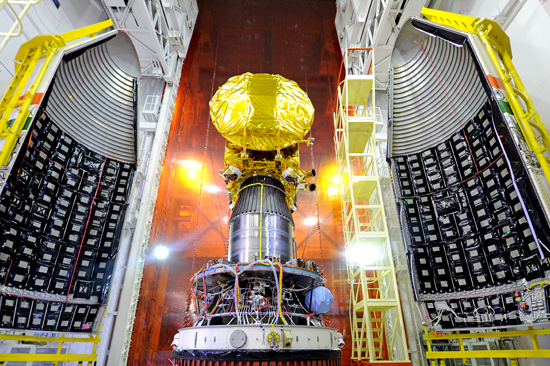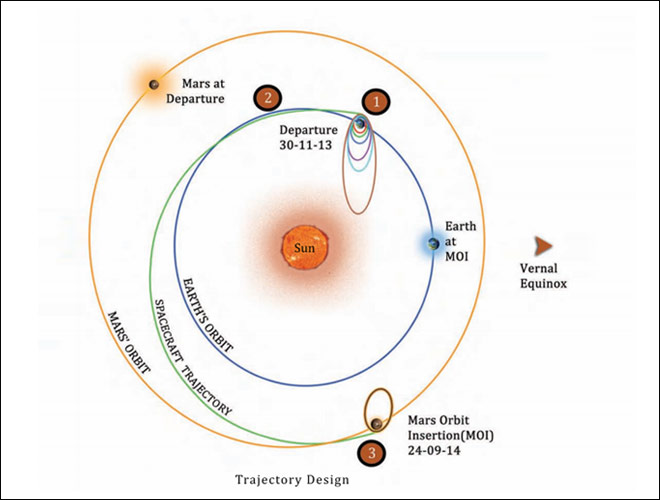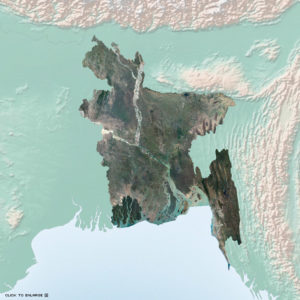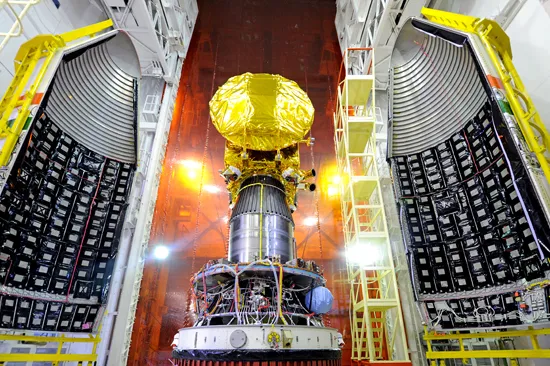
“India Launches its maiden mission to Mars”: Google “Mars” today and chances are that you’ll end up reading about India’s Mars Mission!
The “Mars Orbiter Mission” has successfully been placed in its orbit around the earth which is the first stage in it’s 300 day trip to the red planet.
There has been so much of media following all round the world that I doubt that you haven’t already heard or read about it. Some of the articles have been really negative even going to the extent of questioning the necessity of such a mission by a country that continues to battle poverty. But first let’s talk science 😉
Orbital Information:
The satellite will now orbit around the earth for another 30 days; slowly increasingly the eccentricity of the orbit where it will finally be able to leave the Earth’s gravity field and continue its onward journey to the Mars mission. The Indian Space Research Organization (ISRO) has already created a niche for itself with their low-cost and effective missions notably the Moon Mission in 2008. The Current Mars Mission has been launched at a cost of 72$ Million. In comparison, the NASA mission to mars which is slated to be launched in the following weeks has a price tag of over 600 $ Million. Although a lot of articles have been written already about the cost, it is worth noting that the mission objectives and equipment are slightly different. Complete information regarding India’s Mars Orbiter and its equipment can be found here – ISRO’s Link.

Mars Orbiter Mission – Orbital Information
Only United States of America, Russia and the European Space Agency have so far been able to successfully place a satellite in the mars orbit. Whether India will make it to the illustrious list is something that we can expect to know by September 2014. Nevertheless this mission is going to help the ISRO design more inter-planetary space missions in the future and hopefully the Indian example of low-cost space missions is going to help drive the costs down around the world, thereby taking the heat off the “waste of tax money” debate.
It’s a historic mission and if ISRO succeeds, it is definitely going to make history as the first Space Agency to succeed in the Mars mission in the first attempt! Here’s a really good video regarding the mission, a bit too long though.
Regarding some of the negative comments that have been going around regarding the necessity and importance of such a mission by India whose poverty record is really nothing to showcase. Well India is known for its contrasts and it is true that space exploration and poverty co-exist. But the cost-effective missions can really help push the commercial space industry towards India thereby helping eradicate poverty. What’s your take on the Mars Mission?
Congratulations ISRO! Hopefully the Mars Orbiter will actually orbit the Mars in September 2014. We’ll keep you updated regarding the mission!
Did you like this article? Read more and subscribe to our monthly newsletter!











